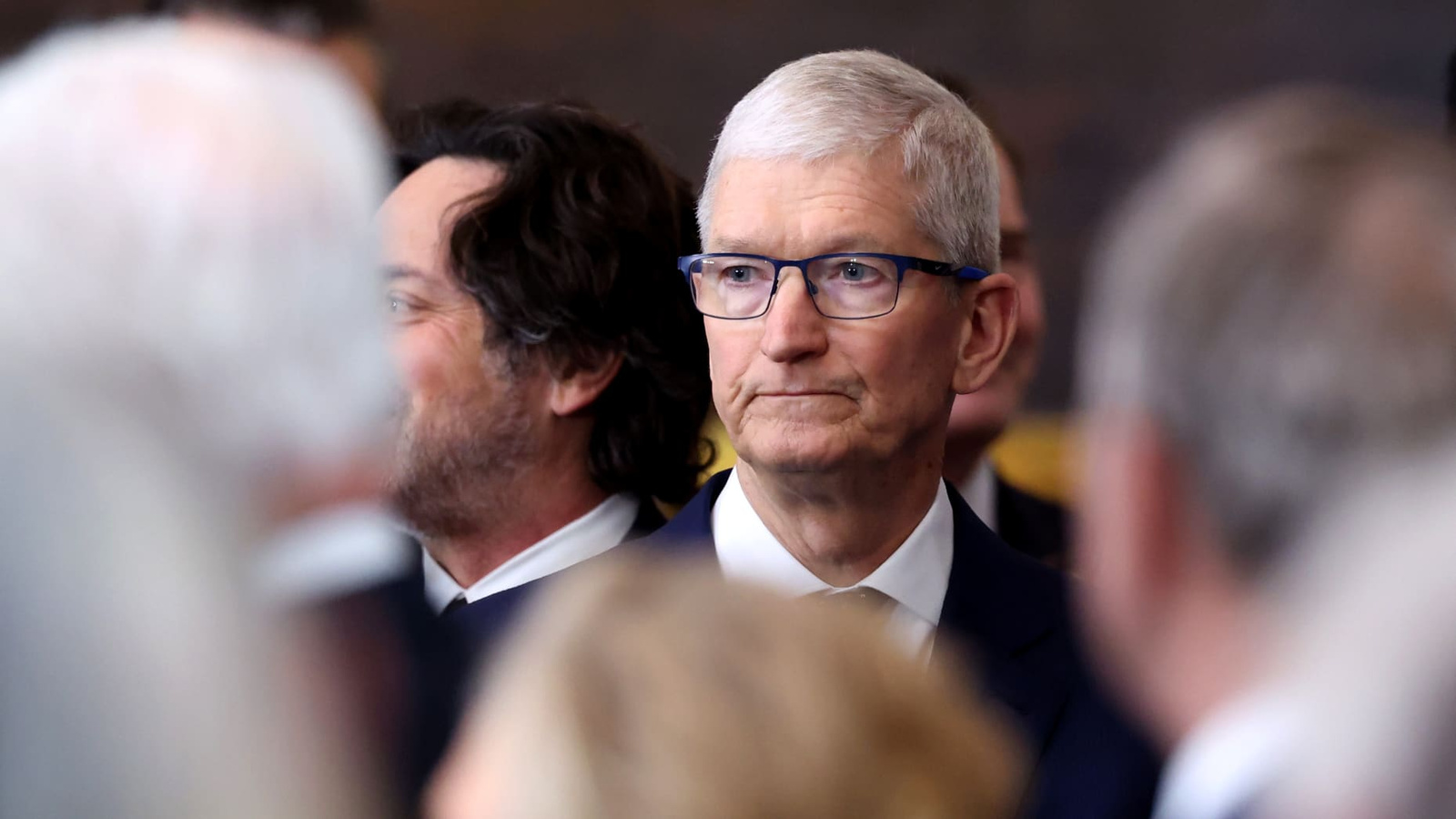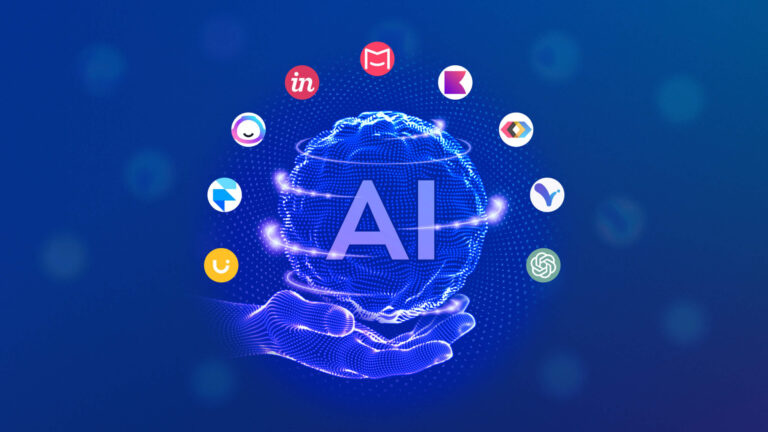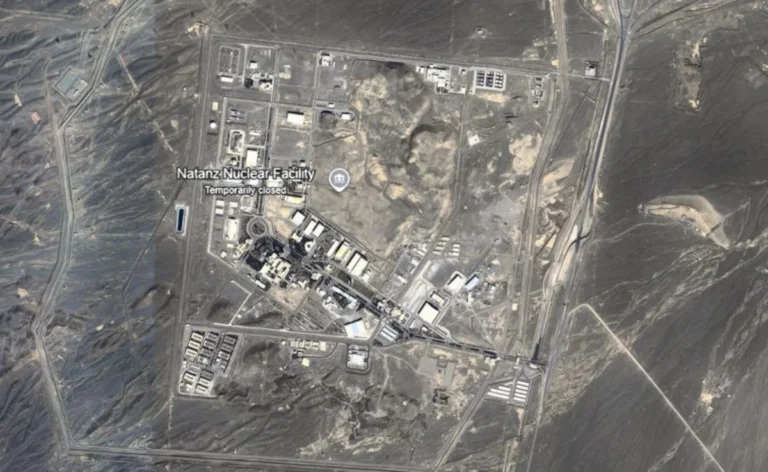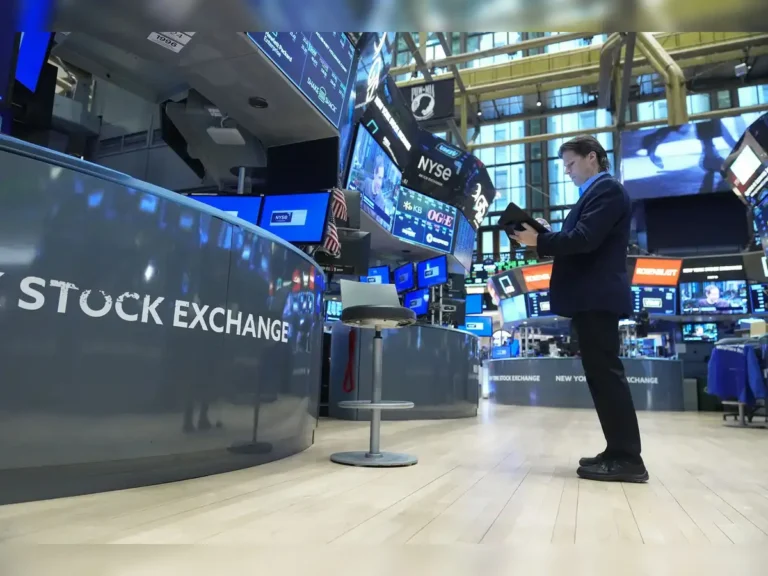
One year ago, Apple announced Apple Intelligence, its response to the wave of sophisticated chatbots and systems kicked off by the arrival of ChatGPT and the age of generative AI.
Analysts said Apple’s installed base of more than 1 billion iPhones, the data on its device and its custom-designed silicon chips were advantages that would help the company become an AI leader.
But it’s been an underwhelming 12 months since then.
Apple Intelligence stumbled out of the gate while rivals like OpenAI, Google and Meta have continued to make headway launching new generative-AI models.
Now, investors are calling for Apple to do something major to catch up in AI, which is rapidly transforming the tech industry.
When CEO Tim Cook speaks at Apple’s annual Worldwide Developers Conference in Cupertino, California, investors on Monday, fans and developers will want to hear how the company’s approach to AI has changed. That’s especially important after some Apple executives have said that the technology could be the reason the iPhone gets supplanted by the next-generation of computer hardware.
“You may not need an iPhone 10 years from now,” Apple services chief Eddy Cue said in court last month in one of the government’s antitrust case against Google, adding that AI was a “huge technological shift” that can upend incumbents like Apple.
The Apple Intelligence rollout was rocky. The first features launched in October — tools for rewriting text, a new Siri animation and improved voice, and a tool that generates slideshow movies out of user photos — were underwhelming. One key feature, which came out in December, summarized long stacks of text messages. But it was disabled for news and media apps after the BBC discovered that it twisted headlines to display factually incorrect information.
But the biggest stumble for Apple came in early March, when the company said that it was delaying “More personal Siri,” a major improvement to the Siri voice assistant that would integrate it with iPhone apps so it could do things like find details from inside emails and make restaurant reservations.
Apple had been advertising the feature on television as a key reason to buy an iPhone 16, but after delaying the feature until the “coming year,” it pulled the ads from broadcast and YouTube. The company now faces class-action suits from people who claim they were misled into buying a new iPhone.

Tim Cook, chief executive officer of Apple Inc., during the 60th presidential inauguration in the rotunda of the US Capitol in Washington, DC, US, on Monday, Jan. 20, 2025.
Bloomberg | Getty Images
Although Apple Intelligence had a rough first year, the company hasn’t said much publicly. However, it’s reportedly reorganized some of its AI teams.
JPMorgan Chase analyst Samik Chatterjee said in a note this week that investor expectations were set for a “lackluster” WWDC, as the company still needs to bring to market the features it announced last year, versus “addressing the more material issue of lagging behind other large technology companies in relation to advancements in AI.”
Meanwhile, Apple is facing renewed competition in its core business.
OpenAI in May acquired the startup io for about $6.4 billion, bringing in former Apple chief designer Jony Ive to build AI hardware. The company hasn’t provided details about its future devices.
Meta has made a splash with its Ray-Ban Meta Glasses, selling over 2 million units since launching in 2021. The devices use Meta’s Llama large language model to answer spoken questions from the user.
And last month, Android maker Google said its Gemini models will become the default assistant on Android phones. The company showed Gemini doing things that go beyond Siri’s capabilities, such as summarizing videos. Google also announced a $150 million partnership with Warby Parker to develop its own pair of AI-powered smart glasses.
A working Apple Intelligence is important for the company to encourage its users to buy new iPhones since devices released before the iPhone 15 Pro in 2023 don’t support the suite of features. But AI hasn’t been a key driver of sales for smartphones yet, and may not be for years, said Forrester analyst Thomas Husson.
“There’s been some new cool features and services, but I don’t think it has drastically changed the experience yet,” Husson said.
Apple declined to comment.
Apple needs to do something big
For years, Apple didn’t like the words “artificial intelligence.” It preferred the more academic term “machine learning.”
Apple focused its efforts on what could efficiently run on its battery-powered phones. The AI race, led by OpenAI and Google, was about bleeding-edge capabilities that required high-powered servers based on Nvidia graphics-processing units, or GPUs.
Then ChatGPT launched in late 2022, making AI the most important term in Silicon Valley. Soon after, Cook was telling investors that Apple was spending “a tremendous amount of time and effort” on the technology.
While Apple Intelligence is based on a series of language and diffusion models that the company trained itself, Apple hasn’t publicly competed with Google, OpenAI, Anthropic, or other companies in what are called “frontier models,” or the most capable AI systems that often have to be trained on large server clusters packed with Nvidia chips and fast memory.
The difference between the way Apple and its rivals approach AI can be seen in the company’s approach to capital expenditures. Apple spent $9.5 billion on capital expenditures in its fiscal 2024, or about 2.4% of its total revenue.
The iPhone maker has rented the computing power needed to train its foundation models, it revealed last year, from Google Cloud and other providers. Apple’s rivals are gobbling up billions of dollars of GPUs to push the technology forward.
Meanwhile, Meta, Amazon, Alphabet and Microsoft are planning to collectively spend more than $300 billion this year on capital expenditures, up from $230 billion last year. Amazon alone is aiming to spend $100 billion, and Microsoft has allocated $80 billion.
Apple’s best chance to quickly catch up up may be to do what it’s done many times in the past: Buy a company, and turn it into a killer feature.
It bought PA Semi in 2008 for $278 million, and turned it into the seed for its semiconductor division. Ahead of releasing the Vision Pro headset, Apple bought over 10 startups that worked on virtual and augmented reality. Even Siri was a startup before Apple bought it for more than $200 million in 2010.
With $133 billion in cash and marketable securities on hand as of the start of May, there isn’t much Apple can’t buy, assuming it could get regulatory clearance. However, OpenAI, Apple’s current Siri partner, is likely out of reach with a valuation of $300 billion. And given OpenAI’s new relationship with Ive to build hardware, there are reasons for Apple to slow the partnership down.
Apple’s efforts to bring Apple Intelligence to the critical Chinese market have been stymied by tension resulting from the tariffs that U.S. President Donald Trump put in place, reports Financial Times.

To deploy Apple Intelligence features in China, Apple is working with Alibaba, and the two companies have not yet received regulatory approval in China for the AI products that Apple wants to debut. China’s Cyberspace Administration (CAC) must test and approve all AI models before companies can roll out AI services in China, and that’s where the process has stalled.
CAC is delaying application approval due to “increasing political uncertainties” between the United States and China. Trump significantly increased tariffs on goods imported from China back in April, and fees reached 145 percent. Apple was exempted from some of the tariffs and the tariffs were later paused for 90 days, but the trade war has been escalating in recent days as the U.S. and China have failed to reach a deal.
Earlier this week, China said that the U.S. had “severely violated” a trade agreement that had been reached at a Geneva meeting in May by limiting sales of jet engine and semiconductor design software to Chinese companies, controlling chip exports, and canceling Visas for Chinese students. Trump claimed that China violated the deal by refusing to roll back some tariffs and restrictions for critical minerals needed for chip production, and he announced plans to raise tariffs on steel back to 50 percent on June 4. Earlier today, he further said that President Xi is “very tough” and “extremely hard to make a deal with.”
Chinese regulations prevent Apple from using its own AI technology for Apple Intelligence, so Apple is planning to use models developed by Alibaba. Because of the restrictions, Apple has faced delays expanding Apple Intelligence to China, which is a key market. Chinese smartphone manufacturers like Huawei and Xiaomi have a suite of AI features available for customers, which puts Apple far behind in the AI race in the country.
The Trump administration is “considering” putting Alibaba, Tencent, and Baidu on an entity list that would prevent them from engaging in trade with the United States, according to The New York Times. If that happens, Apple will face further issues trying to bring Apple Intelligence to China. The U.S. Bureau of Industry and Security has raised concerns about Apple’s plans to partner with Alibaba as well.
Rumors suggest that Apple plans to debut Apple Intelligence in China in an iOS 18.6 update, but it is not clear if that is still going to happen nor do we know when we might get iOS 18.6 due to the approval delays. It has been three weeks since the launch of iOS 18.5, and Apple’s beta updates usually come just a few days after a software release.







